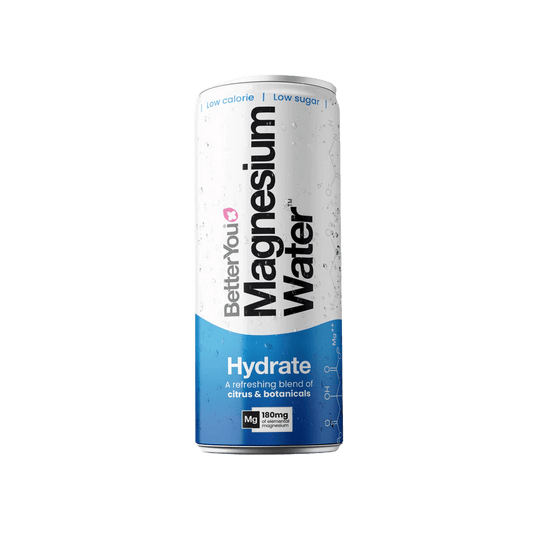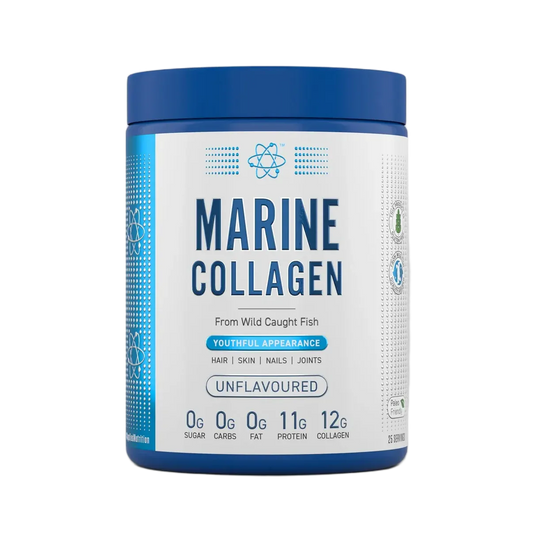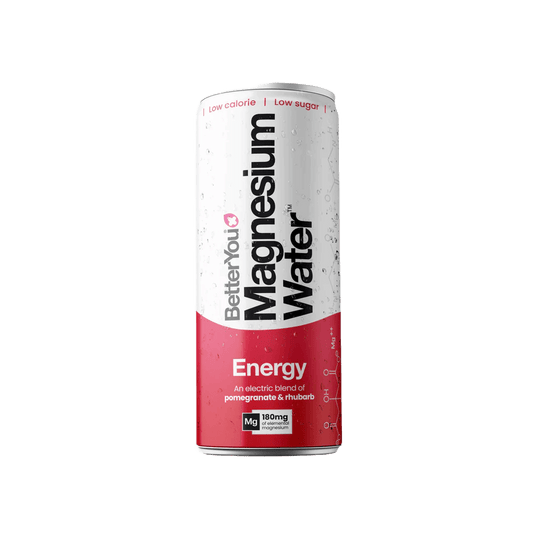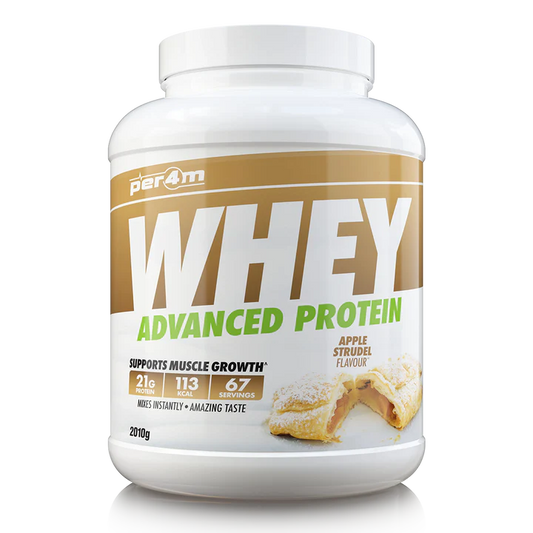When collagen first hit the fitness market, it was marketed as a “beauty booster” for glowing skin and strong nails. But now, gym-goers and endurance athletes are swapping traditional whey shakes for collagen, claiming it helps them recover faster, lift heavier, and feel less sore.
The question is — can collagen really replace whey protein for athletes, or does each have a unique role in your training and recovery routine?
Let’s get into the science, practicality, and product comparisons that matter most.
1. Collagen vs. Whey: What’s the Real Difference?
Whey protein has long been the gold standard for muscle recovery. It’s rich in essential amino acids — particularly leucine — which triggers muscle protein synthesis (MPS), the process that repairs and grows muscle tissue after training. That’s why products like Per4m Advanced Whey Protein dominate post-workout routines.
Collagen, on the other hand, is made up mostly of glycine, proline, and hydroxyproline, amino acids that help form connective tissue — the tendons, ligaments, and cartilage that hold your muscles together. This makes it less effective for muscle building but far superior for joint and tissue support.
Think of it like this:
-
Whey = Builder (muscle size and repair)
-
Collagen = Reinforcer (joint strength and resilience)
For most athletes, a combination of both offers the best of both worlds.

2. Can Collagen Support Muscle Growth Like Whey?
In short — not quite. Collagen doesn’t contain the full spectrum of essential amino acids, particularly the branched-chain amino acids (BCAAs) like leucine, isoleucine, and valine that drive muscle synthesis. However, studies have shown collagen still plays a supportive role in performance recovery, especially when used alongside creatine or BCAAs.
That’s why many athletes pair collagen with Naughty Boy Prime Creatine or Per4m Advanced Whey — to fill the amino acid gaps and support both connective tissue and muscle fiber repair.
Collagen won’t trigger the same anabolic effect as whey, but it will make your body more resilient — meaning fewer injuries and better long-term progress.
As one study from the British Journal of Nutrition reported, collagen supplementation improved joint comfort and muscle function in resistance-trained athletes after just 12 weeks.
3. Why Athletes Are Adding Collagen to Their Shakes
Collagen isn’t just about joint health — it’s also about recovery speed. After hard training, your joints, ligaments, and tendons take just as much strain as your muscles. By supporting the connective tissues that stabilise your joints, collagen can help reduce inflammation and discomfort after intense sessions.
Products like Applied Nutrition Collagen Peptides and Applied Nutrition Marine Collagen are perfect examples.
Both are hydrolysed (meaning easier to digest) and blend seamlessly into shakes or smoothies. The Marine version, in particular, offers a cleaner, lighter flavour that mixes easily with Combat Fuel Clear Whey or fruit-based shakes.
Pro Tip:
Mix 10–15g of collagen peptides with your usual whey or clear whey protein. This combo provides the amino acids for muscle growth and the peptides for joint repair — a win-win stack for recovery and performance longevity.

4. The Recovery Hierarchy: Where Collagen Fits
Think of recovery as a chain — each link supports the next:
-
Protein intake (Per4m Advanced Whey / Combat Fuel Clear Whey) — muscle repair and growth.
-
Collagen (Applied Nutrition Collagen Peptides / Marine Collagen) — connective tissue and joint recovery.
-
Creatine (Naughty Boy Prime Creatine) — replenishes ATP energy and boosts performance.
-
Omega 3 (Supplement Needs Omega 3) — reduces inflammation and supports cellular recovery.
Neglect one link, and the chain weakens. Combine them strategically, and you’ll build a stronger, more efficient recovery system.
That’s why so many athletes are layering collagen on top of their existing protein routine rather than replacing it entirely.

5. Can Collagen Replace Whey for Endurance Athletes?
This is where things get interesting.
For runners, cyclists, or swimmers who don’t focus on hypertrophy (muscle size), collagen might be enough. It improves tendon resilience and supports joint lubrication, both crucial for endurance performance.
Many endurance athletes find that collagen-rich drinks are easier to digest than milky whey-based shakes — especially post-race or during long training days. That’s why Combat Fuel Clear Whey and Applied Nutrition Marine Collagen often make the perfect lightweight combo.
Both deliver hydration-friendly, fruit-based recovery without the heavy, creamy texture of standard whey — ideal for hot conditions or fast-paced training cycles.
✅ Recap of Part 1
So far, we’ve covered:
-
The biochemical difference between whey and collagen.
-
Why collagen supports joints but not direct muscle growth.
-
How to stack collagen with creatine or whey for complete recovery.
-
The unique advantage of collagen for endurance athletes.
-
Why clear whey and marine collagen are ideal for light recovery nutrition.
🔜 Coming Up in Part 2
In Part 2, we’ll dig into:
-
How to combine collagen and whey effectively.
-
Timing tips for optimal absorption and recovery.
-
Whether collagen actually helps build muscle in calorie deficits.
-
Common myths about collagen and “glow-up” marketing.
-
The verdict: should you replace whey, or stack collagen?
Can Collagen Really Replace Whey Protein for Athletes? (Part 2)
6. Collagen and Whey: The Perfect Duo for Complete Recovery
By now, it’s clear that collagen and whey aren’t rivals — they’re teammates.
Each plays a very different but equally vital role in your recovery system. Whey delivers the essential amino acids and leucine that kickstart muscle repair, while collagen strengthens the scaffolding that supports those muscles — your joints, ligaments, and connective tissues.
If you’re training hard and pushing limits, combining both gives you a full-spectrum recovery.
A simple approach looks like this:
-
Morning: 1 scoop of Applied Nutrition Collagen Peptides (or Marine Collagen) in coffee or smoothie.
-
Post-Workout: 1 scoop of Per4m Advanced Whey or Combat Fuel Clear Whey plus 5g Naughty Boy Prime Creatine.
-
Evening: 1–2 softgels of Supplement Needs Omega 3 to calm inflammation and improve tissue repair overnight.
That’s a smart recovery stack — muscle growth, joint support, and reduced soreness all covered.
Pro Tip: Collagen synthesis peaks when combined with Vitamin C, so add a squeeze of lemon or a small orange to your shake. It’s a simple upgrade that improves collagen utilisation.
7. Does Collagen Help Build Muscle During a Cut?
This is one of the most misunderstood topics in the supplement world.
When you’re cutting (reducing calories to lose fat), your goal is to maintain muscle while preserving joint and tendon health. Many athletes assume collagen can replace whey during this phase — but it can’t do so alone.
Here’s why:
Collagen lacks leucine, the amino acid responsible for activating mTOR, the key driver of muscle protein synthesis. Without enough leucine, muscle-building signals remain muted — even if total protein intake is high.
That’s why stacking Applied Nutrition Collagen Peptides with a fast-digesting protein like Combat Fuel Clear Whey or Per4m Advanced Whey works best. The whey supplies leucine, while the collagen fortifies tendons, ligaments, and fascia that take more stress during lean phases.
In simple terms: Whey keeps your strength, collagen keeps you in one piece.
And let’s not forget Naughty Boy Prime Creatine, which ensures muscle fullness and performance remain high even in a calorie deficit — preventing the “flat” look that often accompanies cutting.

8. Collagen Timing: Morning or Post-Workout?
Timing collagen intake can make a big difference to how effectively your body uses it.
Research suggests that collagen works best when taken away from your main protein meal — usually pre-workout or early morning. The reason? It ensures your body absorbs the glycine and proline peptides efficiently without competing for digestion with heavier proteins like whey or meat.
Here’s an ideal rhythm for busy athletes:
|
Time |
Supplement |
Why It Works |
|
Morning (fasted) |
Applied Nutrition Collagen Peptides + Vitamin C |
Supports joint health and tendon recovery |
|
Post-Workout |
Per4m Advanced Whey or Combat Fuel Clear Whey + Naughty Boy Prime Creatine |
Triggers muscle protein synthesis |
|
Evening |
Reduces inflammation and improves sleep recovery |
If you’re using Marine Collagen, its lighter texture makes it even easier to digest first thing in the morning — especially for athletes with low appetite or early training sessions.
9. Can Collagen Replace Whey Entirely? The Honest Answer
The truth? It depends on your goals.
If your main focus is muscle hypertrophy (growth and strength), then whey protein remains irreplaceable. Its amino acid profile — especially leucine — is what signals your muscles to rebuild after training.
However, if your focus is longevity, recovery, and performance consistency, collagen plays a huge role.
Athletes in their 30s, 40s, and beyond often notice collagen keeps their joints supple and their recovery smoother, especially when heavy lifting or endurance training starts taking its toll.
For some, collagen becomes a “daily foundation” supplement — while whey becomes the “workout support” supplement.
If you only had to pick one for the gym, whey wins.
But if you want to train hard and age well, collagen deserves a permanent spot in your stack.

10. Myths About Collagen: Debunked
❌ Myth 1: Collagen is only for beauty.
Collagen supports more than skin — it makes up 30% of all protein in the human body. Every tendon, joint, and ligament relies on it.
❌ Myth 2: Collagen can replace whey completely.
It can’t. Collagen doesn’t contain all nine essential amino acids needed for muscle synthesis.
✅ Truth: Collagen works best with whey and creatine.
When stacked correctly, collagen boosts tissue repair and joint resilience, while whey and creatine take care of muscle growth and strength.
❌ Myth 3: Collagen doesn’t do anything.
Clinical research says otherwise. A 2023 review in the British Journal of Sports Medicine found collagen supplementation improved tendon structure and joint recovery in active adults — especially when combined with vitamin C.
11. Collagen vs Whey: The Taste and Texture Factor
Let’s be real — not everyone enjoys thick, milky shakes after training.
This is where collagen and clear whey shine.
-
Applied Nutrition Marine Collagen and Combat Fuel Clear Whey mix easily with water, taste fresh, and don’t leave the same fullness as milk-based proteins.
-
Per4m Advanced Whey, on the other hand, offers that creamy, classic shake feel — perfect for meal replacements or bulking.
For athletes with low appetite, collagen and clear whey are ideal. They keep protein intake high without making you feel bloated or heavy — which is why more endurance athletes are making the switch.
Pro Tip: Mix half a scoop of Combat Fuel Clear Whey with a serving of Marine Collagen — a refreshing, light recovery drink that tastes more like a fruit juice than a shake.
12. The Verdict: Can Collagen Replace Whey?
Collagen and whey shouldn’t be competing — they should be collaborating.
If you care about performance and longevity, the winning move isn’t to replace one with the other, but to combine them strategically.
-
Whey gives you fast recovery and muscle growth.
-
Collagen strengthens the structure that allows you to keep training pain-free.
-
Creatine enhances power output and cellular hydration.
-
Omega 3 and magnesium support inflammation control and deep recovery.
Together, they form a supplement synergy that allows athletes to train harder, recover faster, and stay injury-free longer.
✅ Products Mentioned in This Blog
- Applied Nutrition Collagen Peptides
- Applied Nutrition Marine Collagen
- Per4m Advanced Whey Protein
- Combat Fuel Clear Whey
- Naughty Boy Prime Creatine
- Supplement Needs Omega 3
- BetterYou Magnesium Water
🧠 FAQ
1. Can collagen replace whey protein for muscle building?
No. Collagen supports joint and connective tissue recovery, but whey protein remains superior for direct muscle synthesis due to its amino acid profile.
2. How long does collagen take to work?
Most users report improvements in joint comfort and skin elasticity within 4–8 weeks of daily use.
3. Can I take collagen and whey together?
Yes — in fact, combining both offers a complete recovery stack covering muscles, joints, and connective tissue.
4. What’s better: marine collagen or bovine collagen?
Marine collagen (like Applied Nutrition Marine Collagen) is more bioavailable and lighter in texture — ideal for quick digestion and better absorption.
5. Can collagen help during a calorie deficit or cut?
Yes. It supports joint and tendon health when recovery demands are higher, helping you maintain performance even in low-calorie phases.
6. Does collagen contain enough protein?
It provides around 10g per serving, but its amino acid composition differs from whey — making it a complement, not a replacement.
7. Is collagen safe for long-term use?
Absolutely. Collagen is a naturally occurring protein in your body and is safe for daily supplementation.
8. Can I mix collagen with creatine?
Yes — mixing Applied Nutrition Collagen Peptides with Naughty Boy Prime Creatine in your shake is perfectly fine and can even boost recovery.
9. When is the best time to take collagen?
Morning or pre-workout are ideal times, especially when combined with vitamin C for improved absorption.
10. Does collagen improve performance?
Indirectly, yes — it reduces joint discomfort, improves movement efficiency, and supports long-term training consistency.





